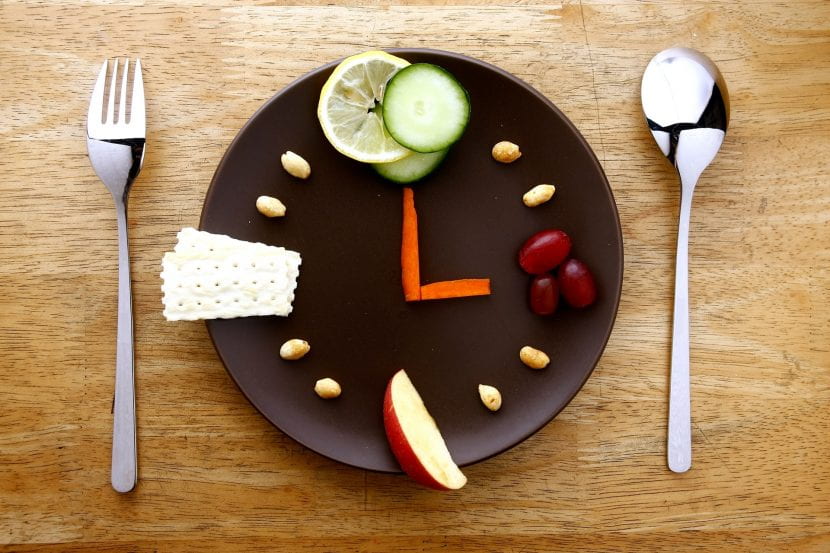Snacks can play an important role in managing hunger between meals and supplying children with additional nutrients. However, unplanned, random snacking can interfere with healthy eating patterns. In this post, we will share some simple tips on how to develop healthy snacking habits.
Get kids involved
Children might enjoy the opportunity to choose their snack from the options you offer. You can have a few nutritious options available for kids to choose. On the other hand, you can also get them involved in the process of preparing simple healthy snacks.
Place healthy snacks in plain sight
You can place healthy snacks in plain sight to encourage consumption. For older children, you can leave snacks in the fridge that can be grabbed quickly such as vegetable sticks and dips and allow them to fix their own snacks.
Avoid using sweets to reward good behavior
It sends the message that sweets are better than other foods and can lead to a pattern of unhealthy snacking.
Offer healthy snacks that contain protein and fiber
Snacks containing protein and fiber are more filling. You can refer to the first post of this series for some ideas on whole grain cracker snacks. A small serving of leftovers also makes a good snack.
Offer planned meals and snacks times
You can offer pre-portioned snacks a few hours after a meal and one or two hours before the next meal. This will help prevent children from refusing foods during meal time and then consume snacks to satisfy hunger. On the other hand, this can help children maintain a healthy appetite at meal times.
Developing healthy snacking habits can be challenging, especially when children are eager to make their own food choices. However, establishing healthy eating habits early on can benefit them greatly in the future.
Let us know your thoughts on these tips by commenting below!

